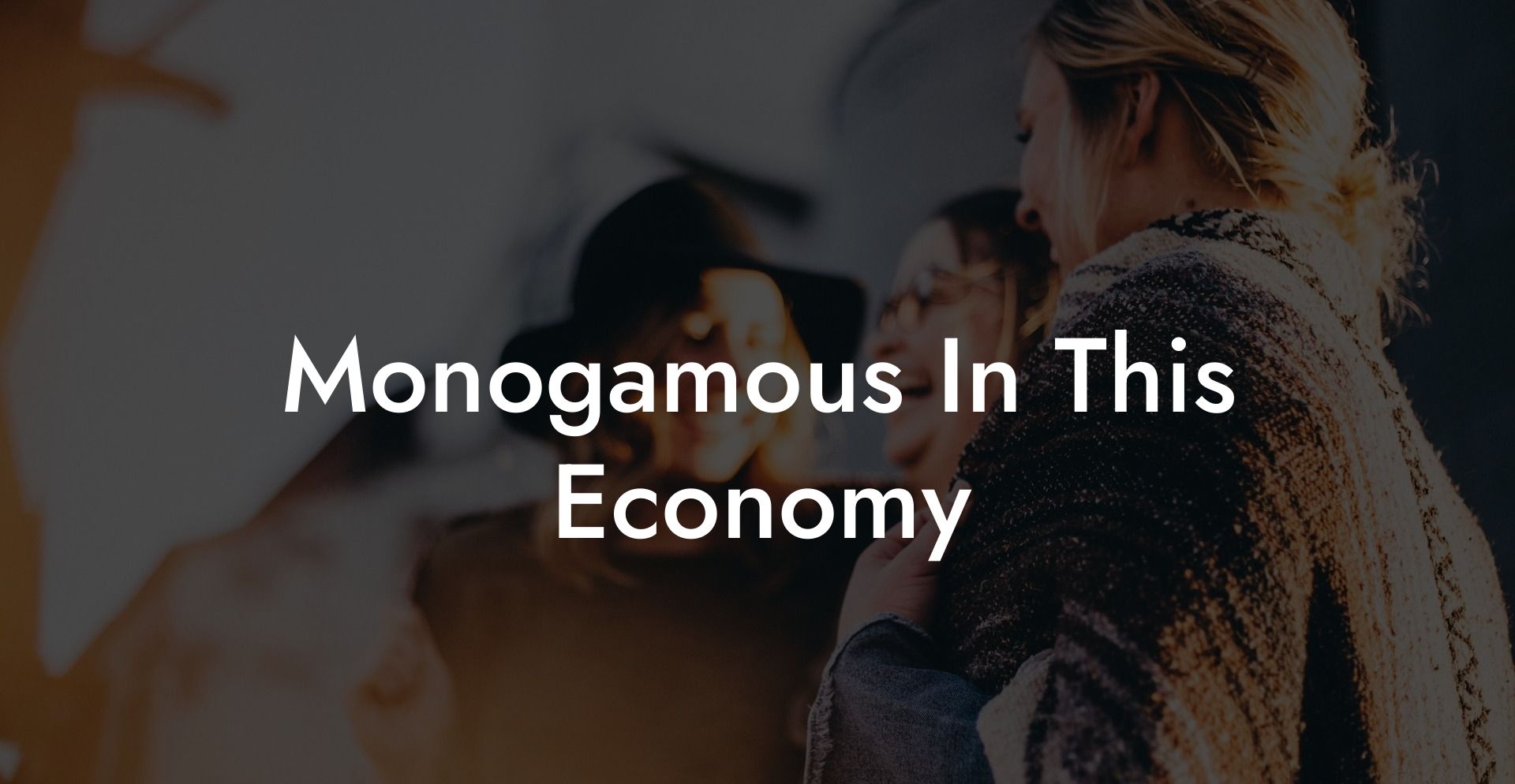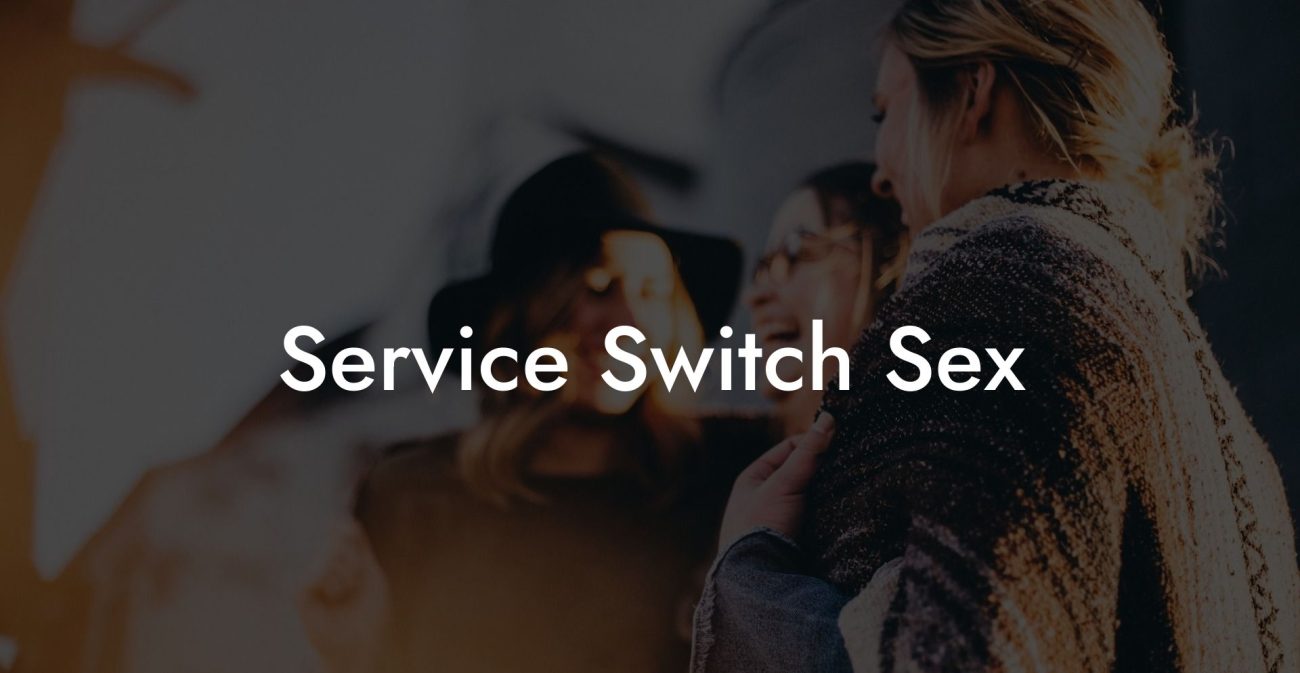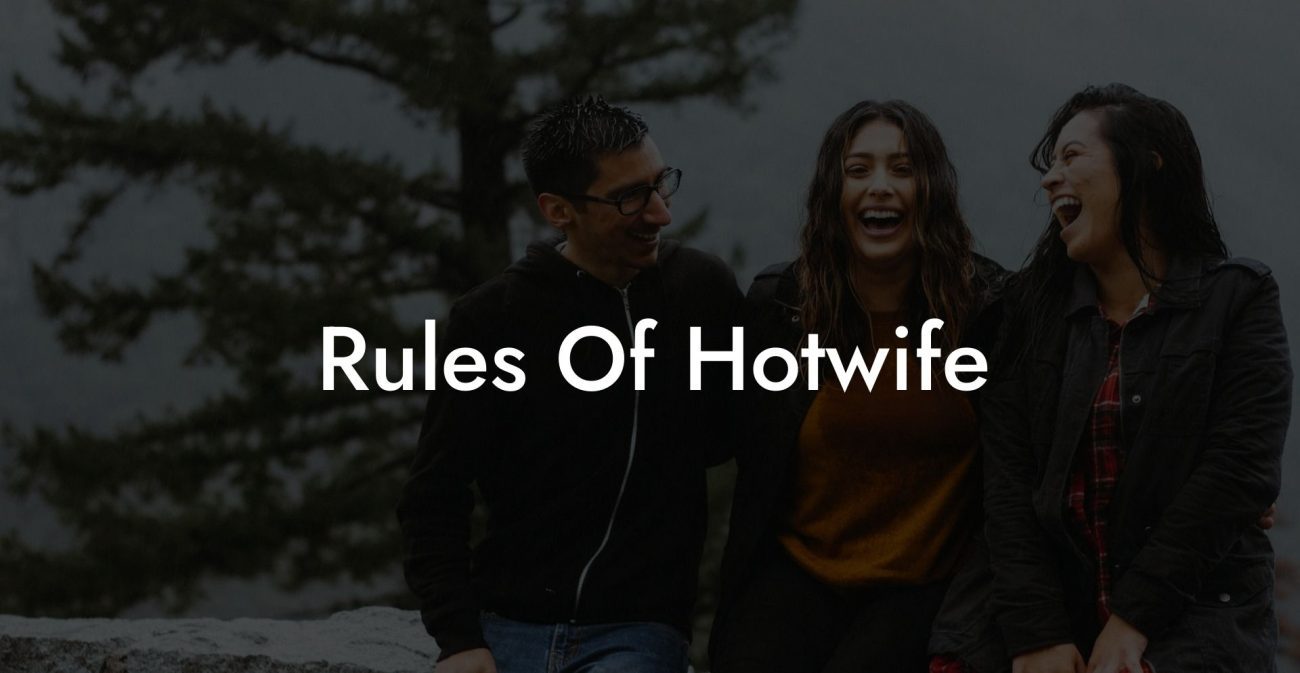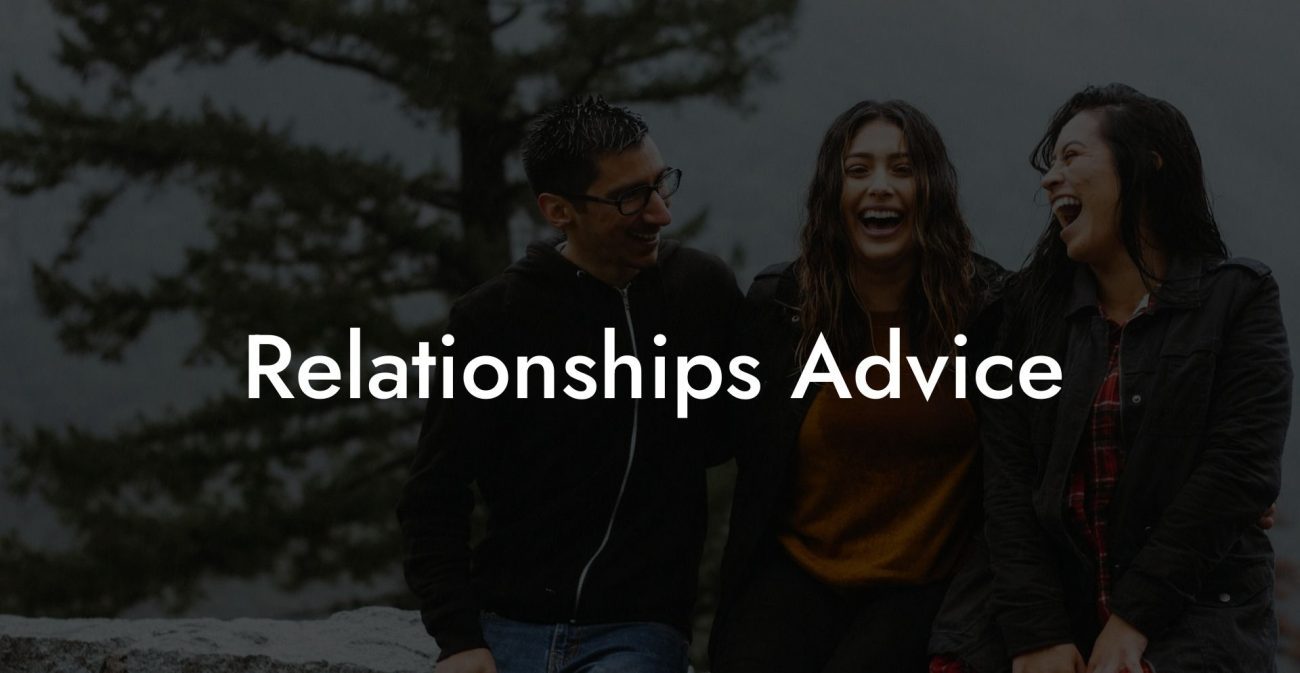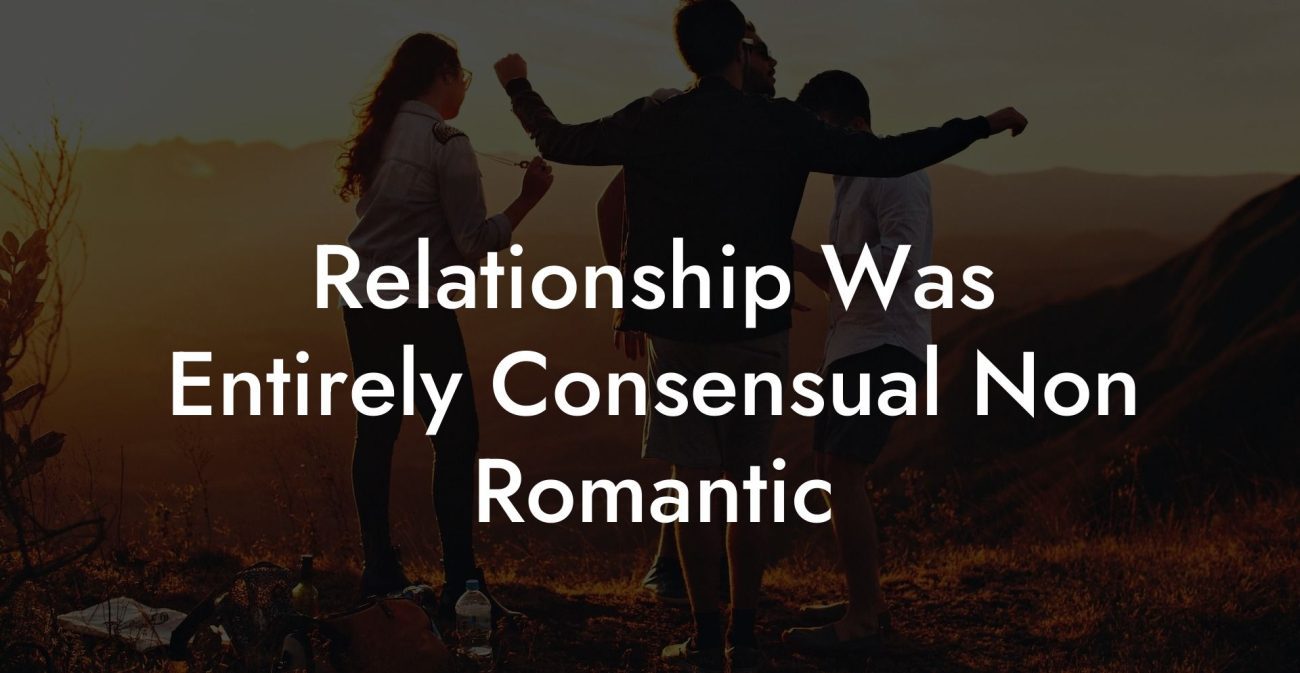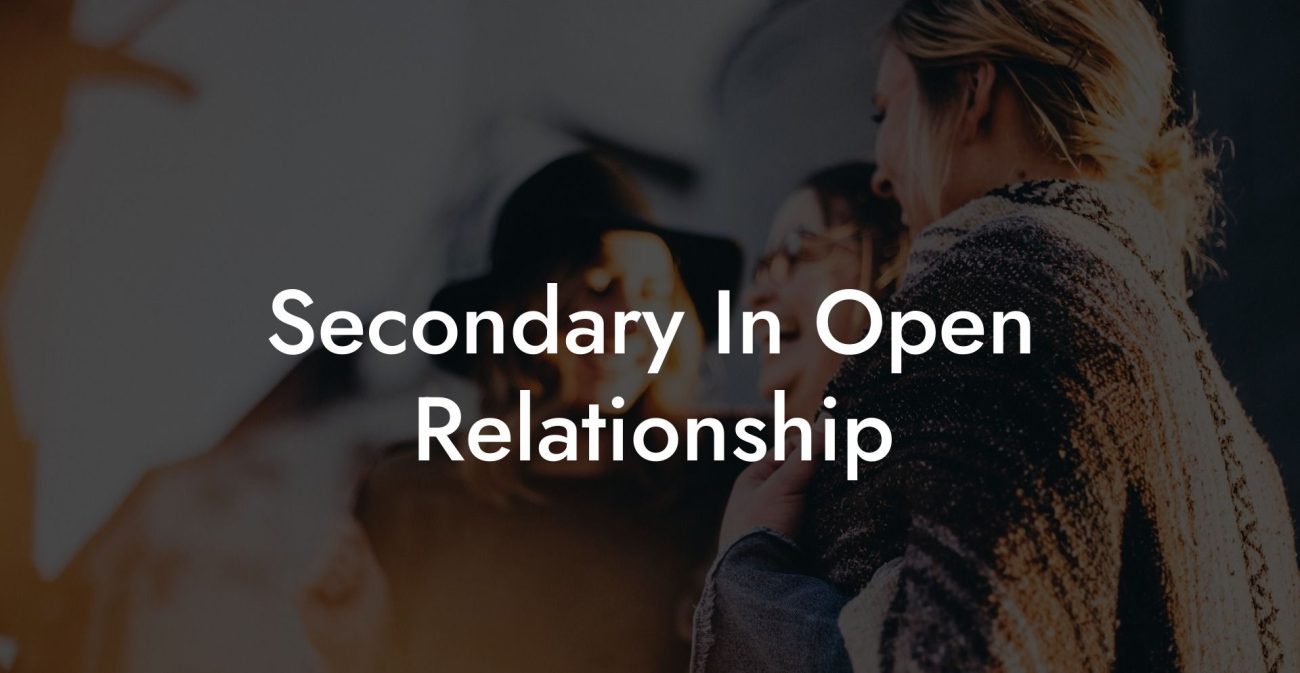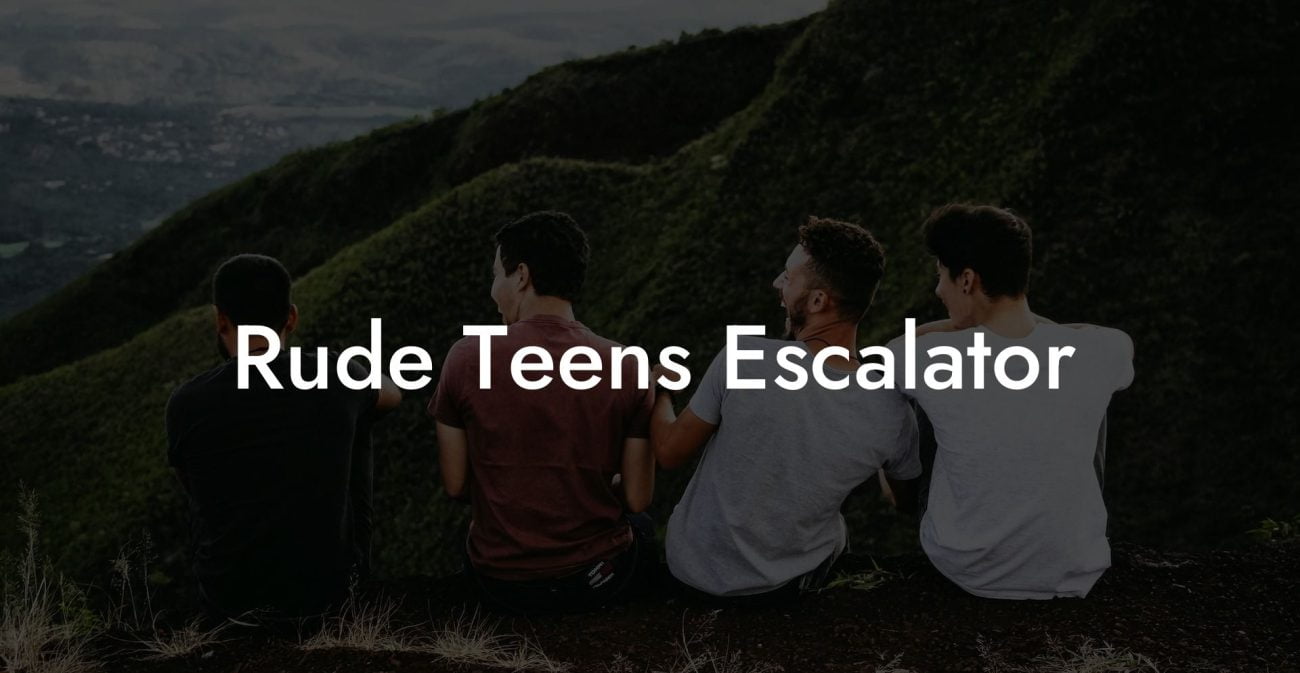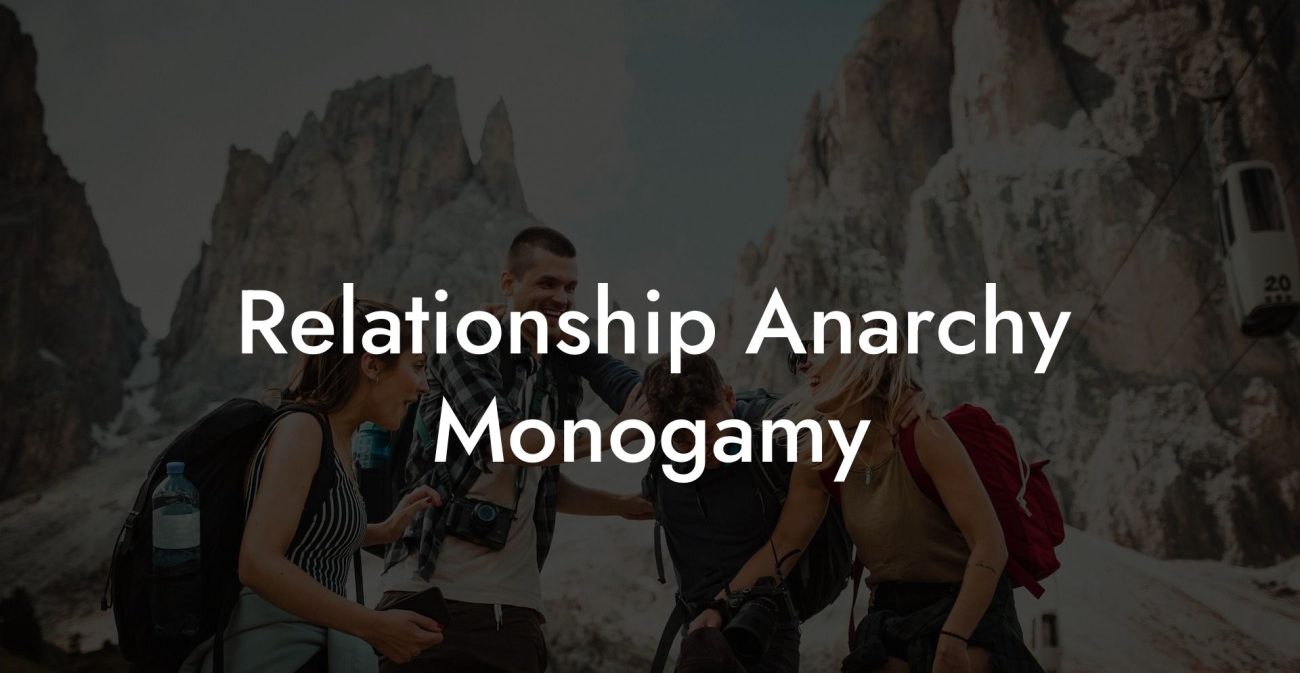Let's face it, the economy isn't what it used to be. As we navigate the ever-changing world of finances, jobs, and living expenses, many people are also re-evaluating their personal relationships. The concept of monogamy has been a cornerstone of modern society, but is it truly sustainable in today's economy? In this article, we'll dive into the pros and cons of monogamy, and consider how it fits into the larger economic landscape.
Monogamous In This Economy Table of Contents
Monogamy in a nutshell
Monogamy is the practice of having one exclusive romantic relationship with one person at a time. Monogamous relationships follow a specific set of expectations, including:
- Emotional and sexual exclusivity with one partner
- Commitment and long-term partnership
- Shared responsibilities, such as finances, home, and child-rearing
The economic impact of monogamy
Advantages
There are several economic advantages to choosing a monogamous relationship. Some of these include:
- Financial stability: When two people share one household, they are often able to pool their resources and expenses. This can help both parties achieve a higher standard of living than they would have individually.
- Tax benefits: Many countries offer tax breaks and other financial benefits to married couples. This can provide a significant incentive for couples to marry and maintain monogamous relationships.
- Social expectations: Monogamy is still the norm in many cultures and communities, making it an easier choice for those looking to fit into societal expectations.
Disadvantages
However, there are also economic challenges to consider when examining monogamy. Some of these include:
- Dependency: Relying on a single partner for emotional, financial, and physical support can put a heavy burden on the relationship. If one party loses their job or falls ill, it may create stress and strain on the partnership.
- Inequality: In some cases, monogamous relationships can lead to financial inequality between partners, especially when one person earns significantly more than the other. This may cause resentment and other relationship problems.
- Opportunity cost: Choosing to be in a monogamous relationship may limit an individual's opportunities for personal growth, career advancement, and social connections.
Considering alternative relationship models
In light of these economic challenges, more people are starting to question whether monogamy is the most sustainable relationship model. Alternative relationship structures such as polyamory, open relationships, and non-monogamous partnerships are becoming increasingly popular.
Polyamory and the economy
Polyamory is the practice of engaging in multiple romantic relationships with the consent and knowledge of all involved. This relationship model has its own set of economic advantages and disadvantages.
- Advantages: More financial support, access to a broader network of resources, and greater flexibility in career and life opportunities.
- Disadvantages: Legal challenges, higher levels of financial complexity, and potential for jealousy and conflict between partners.
Monogamous In This Economy Example:
Imagine a couple, Alice and Bob, struggling to make ends meet due to stagnant wages and rising costs of living. They decide to explore polyamorous relationships as a way to improve their financial situation. Alice and Bob each find additional romantic partners, creating a network of emotional, financial, and logistical support.
As a result, the group of five is able to pool their resources, which makes it possible for them to sustain a higher quality of life for everyone involved. Furthermore, this arrangement allows each person more flexibility to pursue higher education, career advancement, and travel opportunities without jeopardizing their primary relationships.
Monogamy has been a tried-and-true relationship model for many people across the globe, but changing economic conditions may inspire us to explore different ways of connecting with others. Whether you choose a monogamous relationship, a polyamorous arrangement, or another alternative, it's essential to understand the economic implications of your choice and make informed decisions accordingly. We invite you to read more guides on The Monogamy Experiment and share your thoughts on how best to navigate modern relationships in today's economy.

